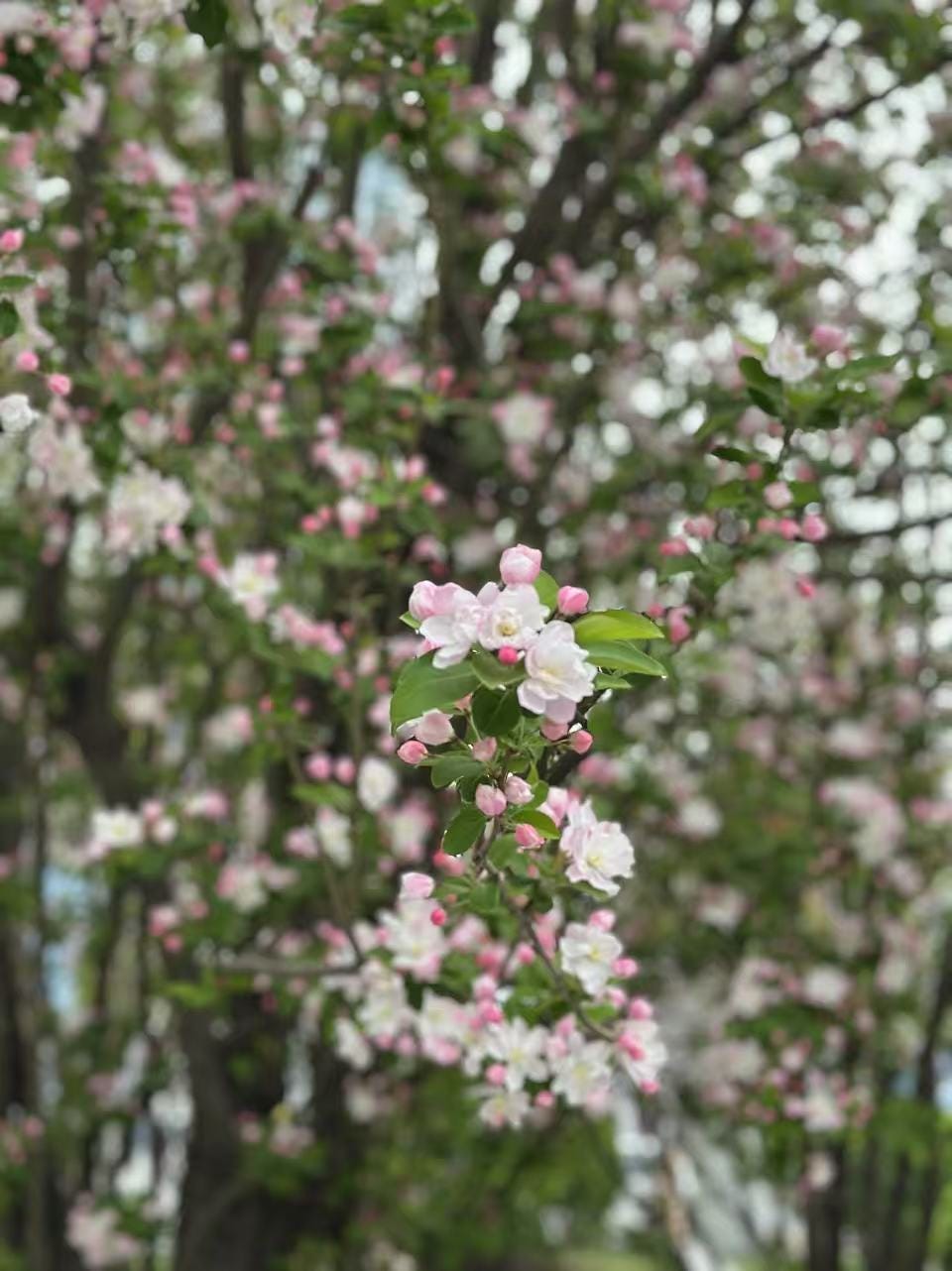I will have to go back and read carefully the first thirty-some chapters of The Daodejing again, because I don’t recall the first half being this brutal. One blow after another, freezing water in the face, dashing my preconceptions. As if to emphasize, we told you words cannot describe The Dao. It is not what you thought. You came here to learn, but perhaps you should go home. Not everyone can receive these lessons. Laozi has his point. To hold the middle, to really hold it, one must stand in the center of all truth. The good and the otherwise of Dao are all equally clear from this vantagepoint.
“The Dao is the Master of all creatures and things. It is the treasure of good people, and the protection of bad people. Good words can buy honor, and good deeds can win respect. How can the Dao reject people who are not good? People can hold, with both hands, the round flat jade preceding the four horse files(*) to celebrate the crowning of the Son of Heaven, and the appointing of his three ministers, but it is still not as good as to go down on their knees to pay tribute to the Dao. Why did the ancients treasure the Dao so much? Was it not simply for getting what they wanted and lessening the punishments of their crimes? That is why all people under Heaven treasure the Dao.”
The Dao treasures all people, the good and the bad. All people treasure The Dao, finding what they wish, even if that is what some would judge to be not good, even evil. Another way of saying Nature is indifferent to us in every way language is incapable of conveying. I feel that old anger returning. We’ve been confronted with this before, haven’t we? The Dao won’t act to save any of us. Is this what acting without action truly means?
I throw these truths at you, but this lesson has not penetrated me. I admit it, this is the root of my rage. Where is justice? People suffering and for what? All these stories of heartache, loneliness, and loss, and I think it didn’t have to be this way. Doesn’t have to be this way! I should have been treated better. I have bitterness and harbour hate. Left behind, Nature moves ever forward, playing all the numbers as I like to say, conserving momentum while searching for more.
Laozi won’t beg us to make the better decision, just as Nature won’t judge us. Nature may not care, but within our natures is the capability and capacity to care. We can fall into line, bow to those who value subservience and adoration. We can satiate our hungers and fears, getting what we want, and chance skirting our comeuppance. Or we can take up that potential that Nature allows for, care for each other, care for something outside our narrow immediate interests, and see what momentum that can lead to.
*The man walking ahead of the horse columns in an auspicious ritual would hold round flat jade with both hands.
[Author’s Note: For those interested, the translation used for this series is Dao De Jing, translated by Ju Yan’an. It was my first and has become my favourite translation. Find it here.]
[Author’s Note: Thank you for taking the time to visit. All pictures were taken by the author or family member, unless otherwise noted.]






i love this piece. the final few paragraphs encapsulate the struggle of coming to terms with an amoral entity. coming to realize this, the structures of justice and compassion, alongside cruelty and violence, the full range of human capacity, comes into scrutiny. the vivid desperation of grasping onto the known, the comfortable, eroding away, searching for something solid ground on which to stand.
indeed, something is lost each day when following the Dao.
Oh, it is so good to be finally back and read these chapters from a neutral state of mind. I love how this chapter brings out the straightforwardness of the text. In many ways, I understand your anger, Paul...and to be fair, I'm right next to you, in the same boat, with all of my baggage too.
From what I understand, this chapter paints a picture that the Dao or Nature is nonchalant, or, that its only job is to maintain balance between the black and the white. So, naturally, if we fear the black, or don't like aspects of it (like injustice or cheating, etc.), we naturally will try to live in the white and appease the rulers (God, leaders or Nature itself) of the white side... So, in a sense, even Laozi is trying to say, do what you will!
In a slightly different, but relatable tangent, when you say Nature in general and then speak of our nature as human beings, the difference is just that. Nature (in general) is here to balance out all our individual, intrinsic natures, not just limited to humans, but also extending to other living things, elements, virtues and thoughts, etc.
Do you get the drift?